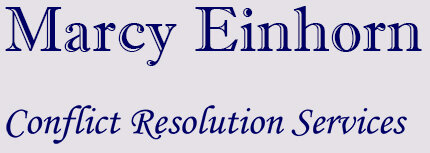A Million Ways that Change Triggers Conflict
Current or anticipated changes in the life of a family elder can trigger all sorts of conflicts in the family.
Changes such as the death of a spouse, the elder’s declining health and the health and safety concerns that may raise, plus issues around independence, self-determination, and safety of the elder and others are classic triggering events.
A change in relationships can also trigger family conflict. Changes such as a subsequent marriage, grandparent relationships and caregiver issues are quite common flashpoints.
Then there are the financial issues that arise: tax and estate planning, the sale of a house or other valuable assets and inheritance disputes may be impossible for families to discuss without the conversation unravelling.
Don’t be surprised if medical treatment decisions devolve into chaos, too. Issues such as the naming of a health care proxy, the need for the appointment of a guardian and the aftermath of a guardian being appointed, and disputes involving neighbors, consumers, landlords or divorce can have a huge impact on everyone in the family.
Often, the conflicts that arise from these triggers are not the typical disputes that the legal system handles. Social workers and therapists may provide support for the individuals involved in the conflicts, but the best forum for bringing everyone to the table may just be mediation.
Mediation is a confidential dispute resolution process. A mediator is a trained facilitator whose sole purpose is to create a neutral place for the parties to a family conflict to identify the issues that are creating the problem, clarify their interests and work towards a solution that everyone can live with.
Mediation is usually a faster, more economical method for resolving conflicts than the courts can provide and doesn't require a legal proceeding to be brought.
For more information about mediation or to find out if mediation could be a solution for you or your clients contact Marcy at resolve@marcyeinhorn.com

